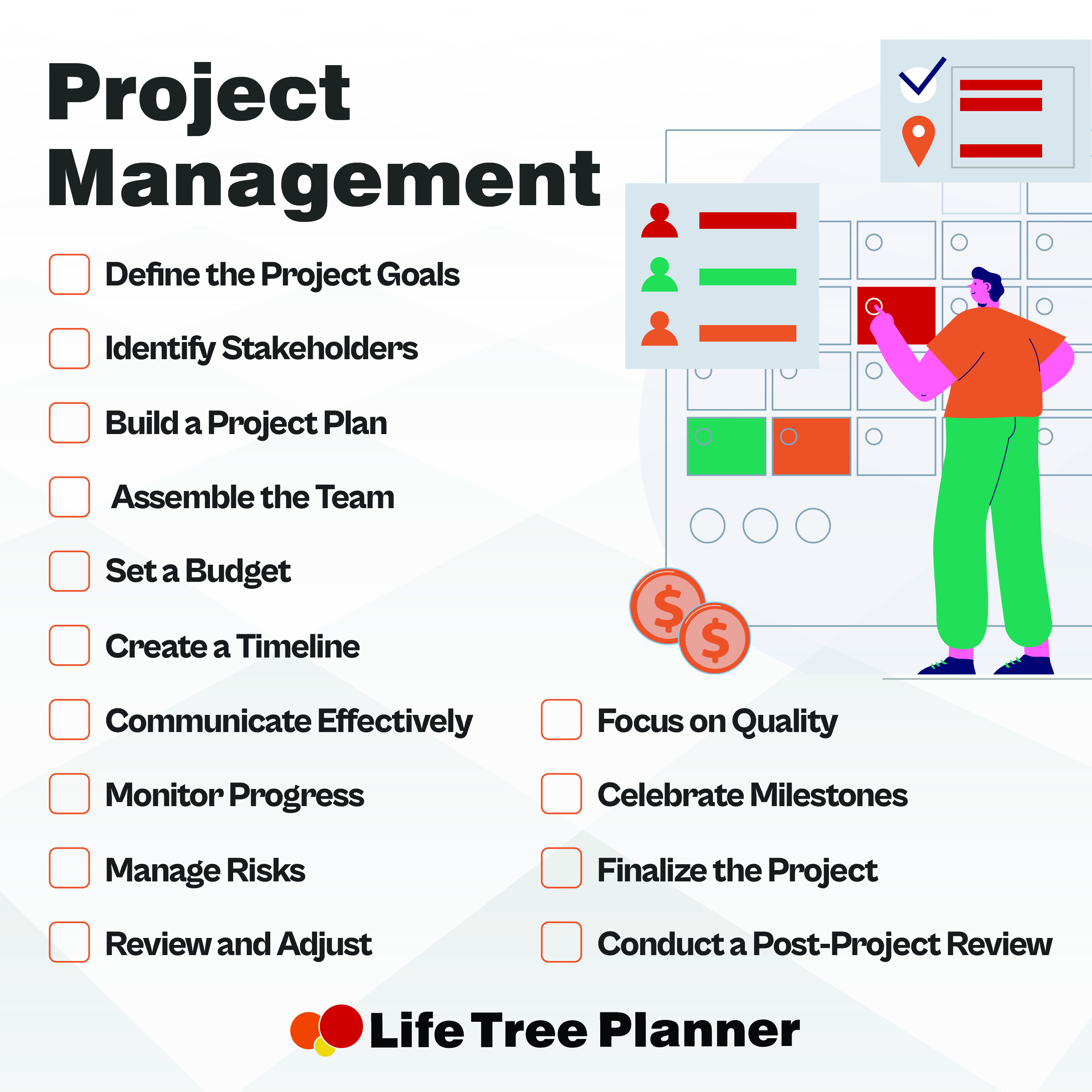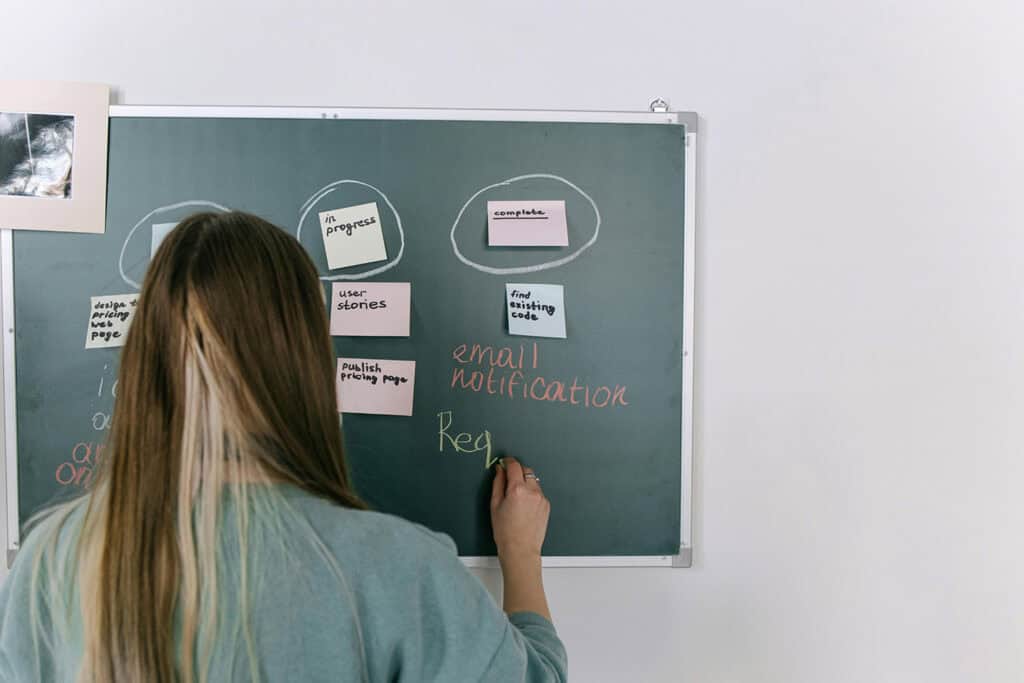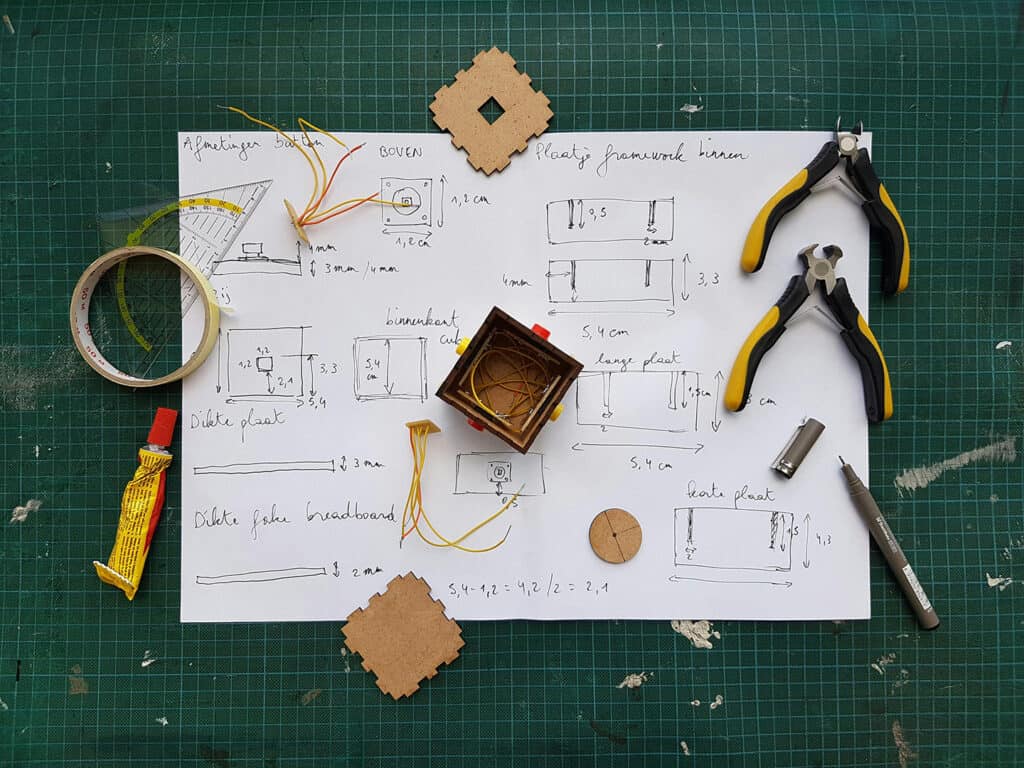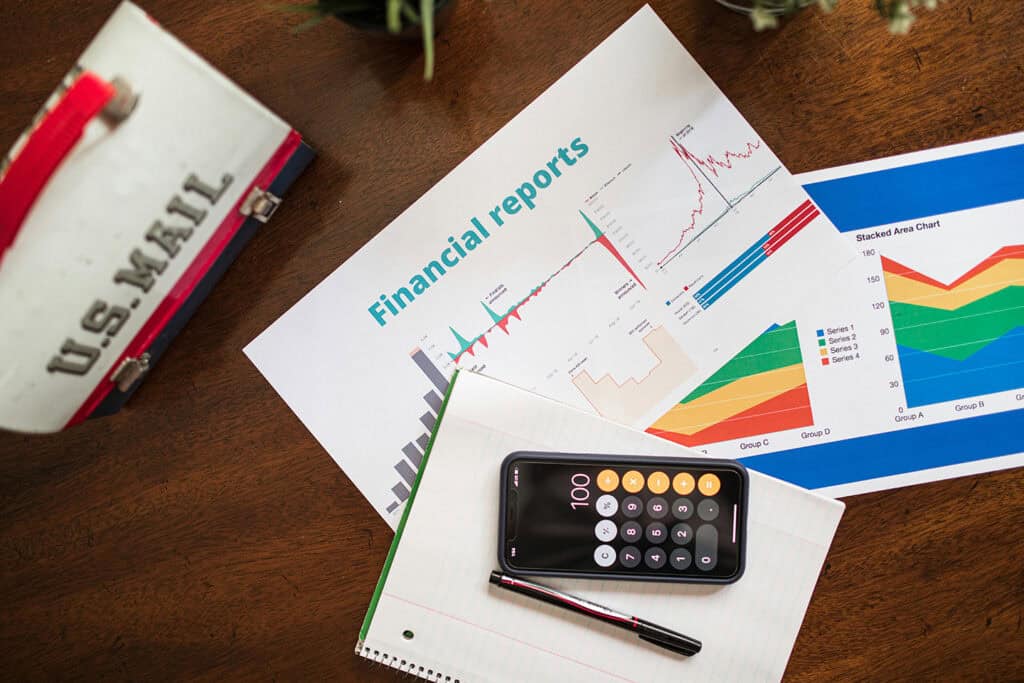
Tired of Overwhelming Project Deadlines and Missed Details?
Project management can feel like juggling endless tasks while trying to meet tight deadlines. You’re not alone—many project managers face the challenge of staying organized while achieving success. But what if there was a simple way to streamline your process?
In this article, we explore 14 key steps for creating a project management checklist, a tool that ensures tasks are completed efficiently and effectively.
After reading this article, you’ll learn how to define clear project goals and timelines, and manage resources, risks, and stakeholder expectations.
Let’s simplify project management and set you on the path to delivering successful projects every time!
- What Is a Project Management Checklist?
- Key Components of a Project Management Checklist
- 1. Define the Project Goals
- 2. Identify Stakeholders
- 3. Build a Project Plan
- 4. Assemble the Team
- 5. Set a Budget
- 6. Create a Timeline
- 7. Communicate Effectively
- 8. Monitor Progress
- 9. Manage Risks
- 10. Review and Adjust
- 11. Focus on Quality
- 12. Celebrate Milestones
- 13. Finalize the Project
- 14. Conduct a Post-Project Review
- Tools to Help with Project Management
- Tips for Effective Project Management
- Project Management Checklist: A Recap
What Is a Project Management Checklist?

A project management checklist is a tool that helps project managers stay organized and focused. It ensures tasks are complete on time. This document lists the steps, tasks, and resources required for project success.
It covers key aspects like the project budget, schedule, and progress. A good checklist improves the work breakdown structure and tracks cost effectively.
Project managers use it to guide the project team, monitor project progress, and maintain a solid communication plan. It’s essential for staying on top of the project schedule and goals. Tools like a career goals worksheet or career passion examples can align professional growth with project success.
A checklist is critical for smooth operations, avoiding missed details, and ensuring all career and wealth objectives are met.
See also Marketing Career Goals: 6 Insights for Future Leaders
Key Components of a Project Management Checklist

1. Define the Project Goals

Every project begins with a clear goal and a question: How to set career goals? Define what you want to achieve and why it’s important. Goals should be specific, measurable, and achievable.
Checklist Items:
- Write down the project’s main objective.
- Identify expected outcomes or deliverables.
- Ensure goals align with the organization’s priorities.
Clear goals give your project a direction and purpose.
2. Identify Stakeholders

Stakeholders are the people or groups affected by the project. They can be clients, team members, or executives. Knowing who they are helps in managing expectations.
Checklist Items:
- Create a list of stakeholders.
- Understand their roles and needs.
- Plan how to communicate updates to them.
Engaging stakeholders early ensures their support throughout the project.
3. Build a Project Plan

A project plan outlines tasks, timelines, and resources. It is the blueprint for completing the project.
Checklist Items:
- Break the project into smaller tasks.
- Assign deadlines for each task.
- Allocate resources like budget, staff, and tools.
- Identify potential risks and create a backup plan.
A detailed project plan keeps everything on track.
4. Assemble the Team

Every project needs a reliable team to execute tasks. Choose members with the right skills and experience.
Checklist Items:
- Assign roles and responsibilities to each team member.
- Hold an initial meeting to discuss the project.
- Provide necessary training or tools if needed.
A strong team is key to a successful project and helps career success.
5. Set a Budget

A realistic budget and money management ensures the project has the financial resources it needs. Track spending to avoid overspending.
Checklist Items:
- List all possible expenses.
- Allocate funds for each task or phase.
- Monitor spending regularly.
- Adjust the budget if unforeseen costs arise.
A well-planned budget prevents financial surprises.
6. Create a Timeline

Time management is critical in project management. A timeline outlines when tasks should be started and completed.
Checklist Items:
- Use a Gantt chart or calendar to map tasks.
- Set milestones for major achievements.
- Prioritize tasks based on urgency.
- Account for delays in the schedule.
A clear timeline keeps the project moving forward.
7. Communicate Effectively

Communication keeps everyone on the same page. Regular updates ensure tasks are completed as planned.
Checklist Items:
- Schedule regular team meetings.
- Use tools like email, chat, or project management software.
- Share progress reports with stakeholders.
- Address issues or concerns promptly.
Good communication minimizes misunderstandings.
8. Monitor Progress

Tracking progress helps identify problems early. Use metrics or reports to measure if the project is on track.
Checklist Items:
- Compare actual progress with the plan.
- Identify and address delays.
- Track the use of resources like time and money.
- Collect feedback from team members.
Monitoring ensures the project stays on course.
See also Career or Relationship: 6 Steps for Finding a Right Balance
9. Manage Risks

Every project has risks. Being prepared can prevent small issues from becoming major problems.
Checklist Items:
- Identify potential risks in advance.
- Create a risk management plan.
- Monitor risks throughout the project.
- Take action immediately if issues arise.
Proactive risk management reduces disruptions.
10. Review and Adjust

Sometimes, plans need to change. Regularly reviewing the project helps make adjustments when needed.
Checklist Items:
- Review the project plan every week.
- Update timelines or budgets as necessary.
- Reassign tasks if workloads are unbalanced.
- Communicate changes to all stakeholders.
Flexibility keeps the project adaptable to unexpected challenges.
11. Focus on Quality

Delivering quality results is a top priority. Regular checks ensure work meets the required standards.
Checklist Items:
- Set quality standards for each deliverable.
- Review completed tasks for errors or improvements.
- Collect feedback from stakeholders on the work.
- Revise tasks if needed to meet quality goals.
Quality control ensures the project meets expectations.
12. Celebrate Milestones

Acknowledging progress motivates the team. Celebrating milestones also helps maintain morale.
Checklist Items:
- Recognize small and big achievements.
- Share success stories during team meetings.
- Reward the team with a small treat or thank-you note.
Celebrations boost team spirit and motivation.
13. Finalize the Project

Once all tasks are complete, it’s time to wrap up the project. This includes reviewing the results and getting feedback.
Checklist Items:
- Confirm all deliverables meet the goals.
- Get approval from stakeholders or clients.
- Conduct a final team meeting to discuss the outcome.
- Close any contracts or agreements.
Finalizing the project ensures a smooth completion.
14. Conduct a Post-Project Review

After the project is finished, review the process. This helps identify what worked well and what can be improved in the future.
Checklist Items:
- Analyze if the project met its goals.
- Note any challenges faced during the project.
- Gather feedback from the team and stakeholders.
- Document lessons learned for future projects.
A post-project review helps improve project management skills.
Tools to Help with Project Management

Using tools can make project management easier. Here are some helpful tools:
- Trello: For organizing tasks visually.
- Asana: For tracking progress and deadlines.
- Microsoft Teams: For team communication and file sharing.
- Slack: For instant messaging and quick updates.
- Google Workspace: For collaborative documents and schedules.
Choose tools that fit your team’s needs and project size.
Tips for Effective Project Management

- Stay Organized: Keep your checklist updated at all times.
- Be Flexible: Adapt to changes while keeping the project on track.
- Stay Positive: Encourage your team, even during tough times.
- Communicate Clearly: Ensure everyone understands their roles and deadlines.
See also Examples of Short-Term Career Goals: 10 Practical Goals for Professional Growth
Project Management Checklist: A Recap
A project management checklist is a guide for achieving a project’s success. It helps project managers define goals, assign tasks, and manage risks. Clear decision-making is key for the project team to stay aligned. Use life planning tools and strategies like setting monthly goals to maintain focus.
Include key elements like the project schedule, project charter, and direct costs in your checklist. A solid project management plan ensures that every step leads to success. Define objectives, assign responsibilities, and track progress effectively. Ensure project approval by following clear procedures.
This checklist keeps the project team organized and reduces errors. For project managers, it’s a must-have tool for managing complexities and delivering results efficiently. Stay prepared, plan well, and aim for success!


